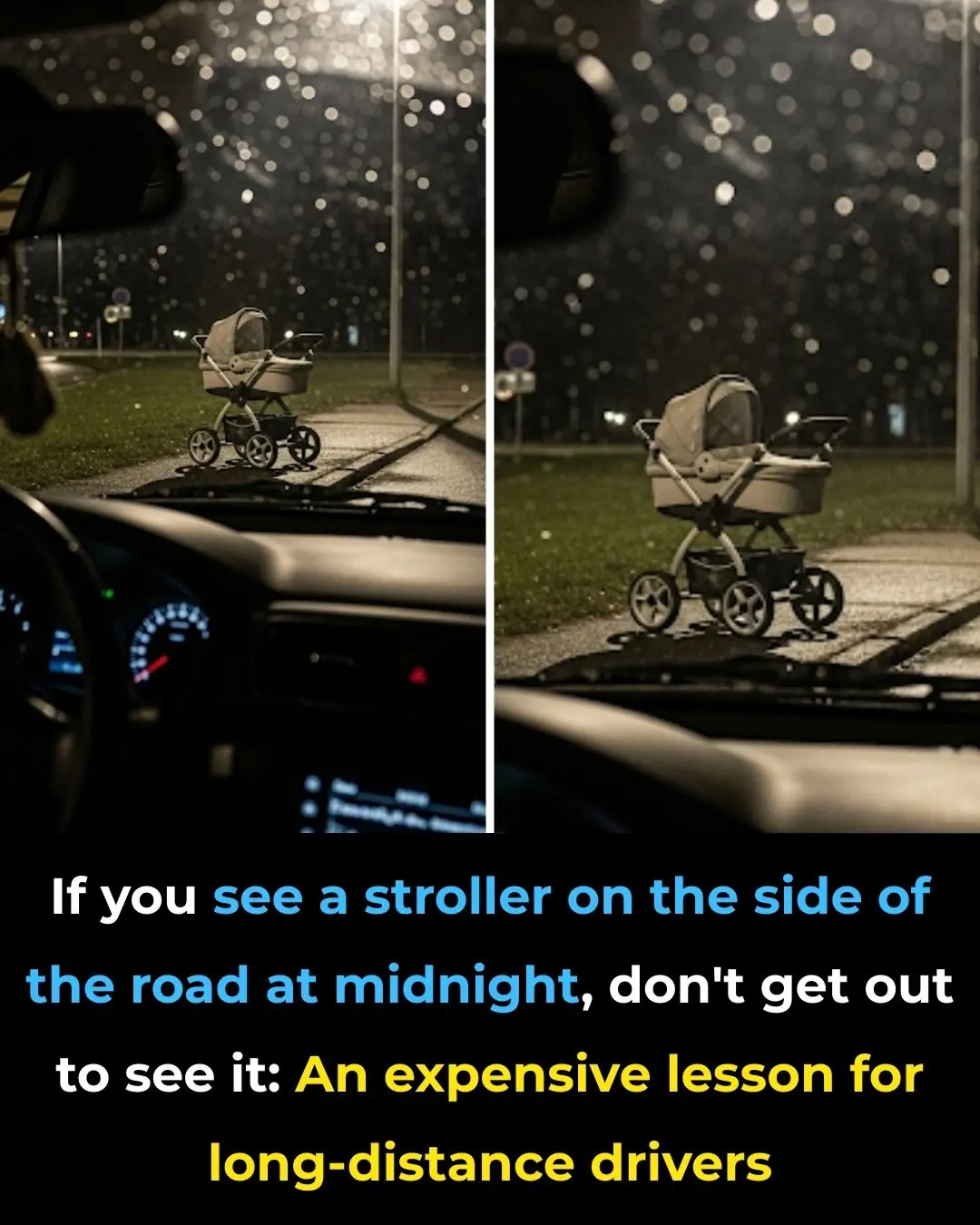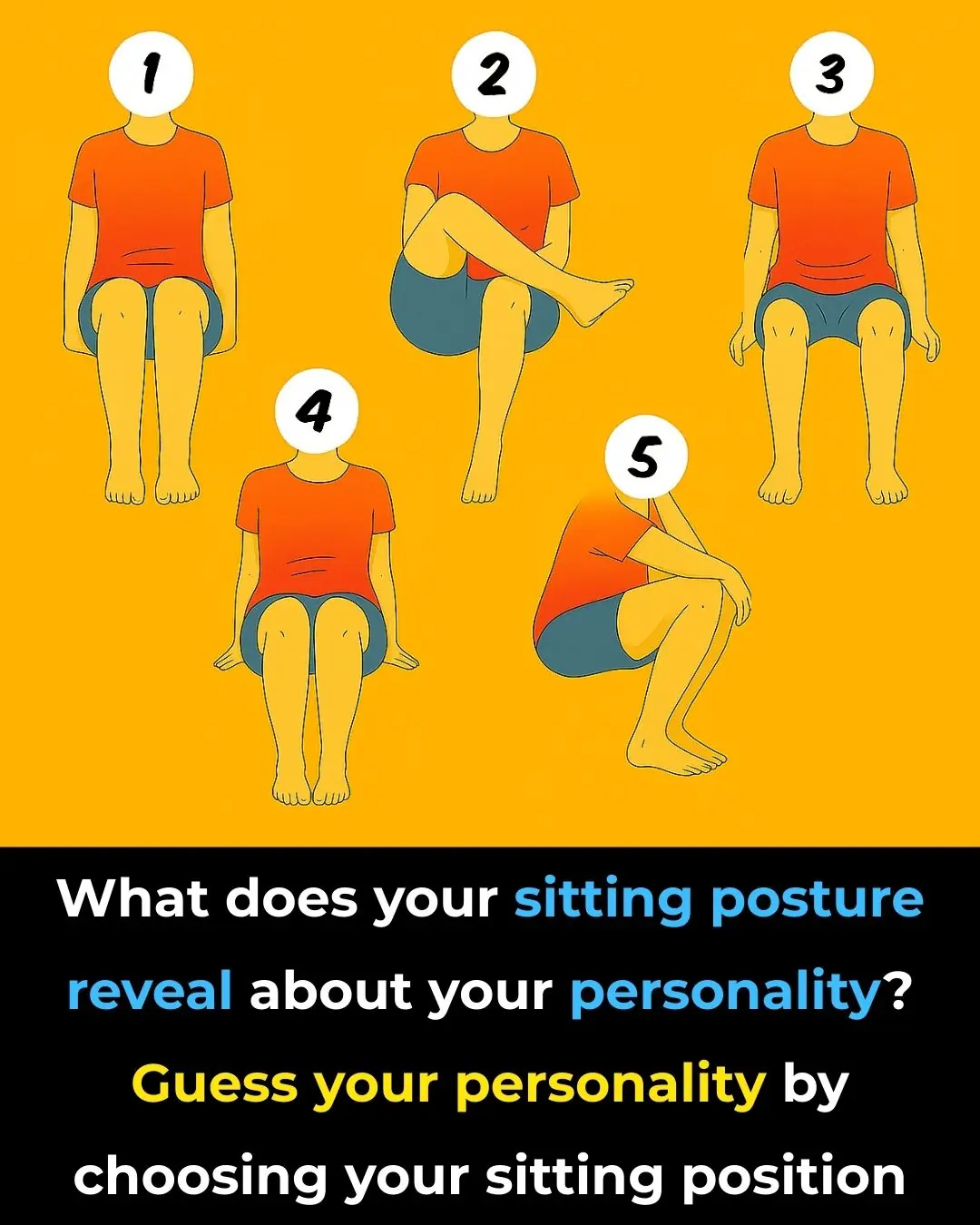
The difference between the spirit of a loved one and other forces

Losing someone we love is one of the most difficult experiences we can face. The grief that follows can last for weeks, months, or even years, often leaving behind an emptiness that feels impossible to fill. In that space of pain and longing, many people report a powerful and deeply personal phenomenon: the sense that their loved one is still near.
Whether it’s a familiar voice whispered in the quiet, a fleeting glimpse out of the corner of your eye, or simply a deep inner feeling that they are present, these moments can bring comfort and reassurance to those who are struggling to cope with loss.
These are not uncommon experiences—and they shouldn’t be dismissed.
After-Death Communication: More Common Than You Think
What many describe is known as “after-death communication” (ADC)—an experience where signs, symbols, or sensations appear unexpectedly and seem to come directly from someone who has passed away. These encounters can be subtle or vivid, and they often carry deep emotional meaning for the person receiving them.
Still, despite how common ADC is, many people feel hesitant to share these stories. They fear being misunderstood or judged, and so they carry these encounters silently, unsure whether they were real or imagined.
The truth is, these experiences are a natural part of the grieving process for many. Rather than something strange or supernatural, they can be seen as a deeply human way of continuing the bond with those we have lost.
How to Tell If It's Your Loved One—or Something Else
When we sense a presence, it can be comforting—but at times, it can also feel unsettling. Being able to tell the difference between the loving energy of someone we’ve lost and the influence of unfamiliar or disruptive forces is important for our peace of mind and emotional clarity.
Here are key ways to understand what you might be feeling:
1. The Energy They Carry
The presence of a loved one is almost always gentle, calming, and familiar. It may feel like a warm hug, a soft hand on your shoulder, or simply a sense of peace washing over you. It’s often described as a soothing experience, one that brings a momentary relief from grief.
In contrast, other energies may come with a sense of unease—like a sudden chill, heaviness, or a feeling of being watched. If you’re left feeling disturbed, anxious, or drained, it’s less likely to be your loved one.
Tip: Trust how your body reacts—physical sensations can offer insight into the nature of the presence.
2. The Nature of the Signs
Messages from loved ones often appear as subtle, meaningful signs. You might smell their favorite perfume, hear a song that reminds you of them, or notice that a cherished item of theirs has moved slightly. These signs are typically personal and come with a quiet sense of recognition.
On the other hand, more chaotic or unexplainable events—such as loud noises, flickering lights, or unsettling shadows—may point to energies not tied to your loved one. These signs feel random, unfamiliar, or intrusive rather than comforting.
3. The Emotional Impact
One of the most reliable ways to discern the source of a spiritual experience is by tuning into how you feel after it happens.
When it’s your loved one, you often feel relieved, comforted, or emotionally uplifted. You may even cry—but the tears come with a sense of connection, not fear. There’s usually a feeling of love that surrounds the moment.
If, however, you’re left feeling frightened, overwhelmed, or emotionally unsettled, the presence may not be from someone who had your best interests at heart.
4. Timing and Context
Loved ones tend to show up during moments that matter—anniversaries, birthdays, holidays, or on days when you’re deeply missing them. Their presence often feels supportive and timely, like they know you need them close.
If you sense a presence during random or chaotic moments with no personal connection, or at times that feel disruptive, it may not be someone you knew or were close to.
Pay Attention: Spirit visits often align with emotional or symbolic moments in your life.
5. How to Respond to the Presence
If you believe your loved one is reaching out, acknowledge them with love. You can light a candle, say a prayer, speak to them aloud, or even write them a letter. These small gestures can deepen your connection and bring you peace.
If you feel uneasy about a presence, it’s important to set energetic boundaries. Use protective affirmations, prayer, or cleansing rituals like smudging with sage or visualizing a white light surrounding you. Creating a calm, safe environment invites only positive energy to remain.
6. Trusting Your Intuition
Perhaps the most important guide in all of this is your own intuition. You know the energy of someone who loved you. It feels warm, familiar, and safe. If that’s what you’re sensing, trust it. Don’t let doubt get in the way of the comfort it brings.
But if something feels “off”—if there’s confusion, fear, or negativity attached—listen to that inner voice, too. Your intuition is your best tool in discerning what’s truly going on.
Your heart knows the truth, even if your mind tries to explain it away.
Final Thoughts: Love Doesn’t End, It Changes
The bond we share with those we love doesn’t end when their physical presence leaves this world. It transforms, becoming something quieter, more spiritual, and sometimes mysterious. These connections—whether in dreams, signs, or feelings—are part of how we continue to love and be loved.
So if you ever feel that someone you’ve lost is near, don’t dismiss it. Instead, take a deep breath, listen with your heart, and allow yourself to feel that connection.
Because sometimes, love really does reach across worlds.
News in the same category


Woman who d::ied for 24 minutes before being brought back to life details exactly how it felt

‘Healthy Man’ Diagnosed With Cancer After Noticing Dog’s Bizarre Behavior Around Him

Nearly 64% of All Bottled Water in America Is Just Tap Water. These Are the Brands.

One Swedish man replied to all those who wondered how people live in such tiny apartments by showing his own

Expert issues warning to couples as 'menodivorce' becomes increasingly common in relationships

Christina Applegate reveals how her MS diagnosis has ‘broken’ her 14-year-old daughter Sadie

How True Love Shows Itself During Intimacy

‘Miracle’ Moment: Cross Necklace Stops Bullet and Saves Man’s Life

Christian Bale Built $22 Million Foster Care Village in California

Emma Stone opens up about coping with fame after revealing she would like to be called by real name

Airline sparks outrage with controversial new plus-size seating rule

Millionaire game hunter killed by same buffalo he was stalking

Donald Trump’s Niece Raises Serious Concerns Claiming He’s ‘Declining Rapidly’ and ‘Rambling’

Why Some People Can’t Handle Spicy Food

The hidden meaning of thumb rings: what they represent for women vs. men

The Small Hole on the Sink: A Feature You Never Knew You Needed

Concerned Woman: Beware of Abandoned Prams on Roadsides!

Your Character According to Your Sitting Style
News Post

Firefighter reveals Princess Diana's last four words before she died
Nearly three decades after Princess Diana’s tragic death, a firefighter who held her hand in her final moments has shared what she said before losing consciousness. His emotional recollection sheds new light on one of the most heartbreaking nights in mo

Fans defend The Rock after he revealed 'slim' look which has left people extremely concerned
Dwayne “The Rock” Johnson stunned audiences with a dramatically leaner appearance at the Venice Film Festival, sparking a wave of divided reactions online. While some fans voiced concern for his health, others rushed to defend the Hollywood icon, remi

Elon Musk's daughter shares very honest message after cutting ties with billionaire dad who claimed she was dead
Vivian Wilson, the estranged daughter of tech mogul Elon Musk, has once again spoken out about life after severing ties with her world-famous father. In a rare and unfiltered message, she shed light on her personal struggles, her independence, and the rea

California hospital staff fired following 'dehumanizing' TikTok ridiculing their patients
What began as a short social media clip has ended in a scandal that shook a California healthcare network. A group of hospital workers recorded a TikTok mocking their patients—an act described as “dehumanizing”—and have now all been dismissed foll

Before-and-after images show effects space had on NASA astronauts after 9 months
What was supposed to be a short visit turned into nearly a year away from Earth. Now, newly released before-and-after images of two NASA astronauts show just how profoundly nine months in space can reshape the human body.

NASA just took the closest-ever images of the sun, and they are incredible
For the first time in history, humanity has peered closer into the blazing heart of our star than ever thought possible. NASA’s Parker Solar Probe has delivered astonishing images and video of the sun’s surface and atmosphere, revealing mysteries that

Rice Water: The “Liquid Gold” in Your Home That Most People Forget to Use

The Shocking Truth Behind “Bleach” Stains on Underwear – What Your Body Is Really Telling You
Many people are startled when they notice pale or bleach-like patches on their underwear and immediately assume something must be wrong. But far from being a sign of poor hygiene, this natural occurrence is actually one of the strongest indicators of a he

There Is One Sound A Person Makes That Means They Have Less Than 24 Hours To Live
As the body approaches its final hours, loved ones may hear a sound known as the “death rattle,” a sign that often causes deep concern. Though unsettling, this natural process is not painful for the person and understanding it can bring comfort to fam

Add This Simple Ingredient When Mopping – Your Floors Will Shine Like New and Stay Clean All Week!

5 Delicious Eating Habits That Put the Whole Family at Risk of C:ancer – Extremely Dangerous and Should Be Avoided Immediately

Be careful — one single action at the airport could ruin your en:tire life.

Condolences to those who are using these 4 types of electric kettles: Throw them away while you still can, thousands of people have already developed c:ancer.

How Magnesium Keeps Your Heart Rhythm Healthy

Why Do I Cough When Taking a Deep Breath?

Taking the Stairs Could Help You Live Longer

Purple Veins on Your Legs: When to Worry

Man develops 'pork worms' in his brain after years of doing this specific cooking habit

Signs Your Cortisol Is Dangerously High
